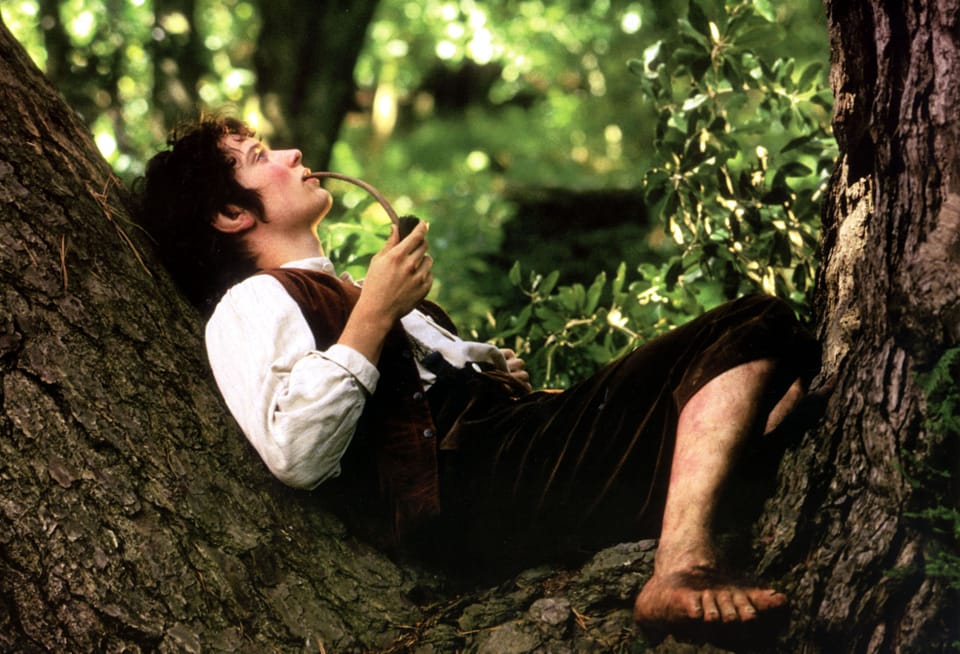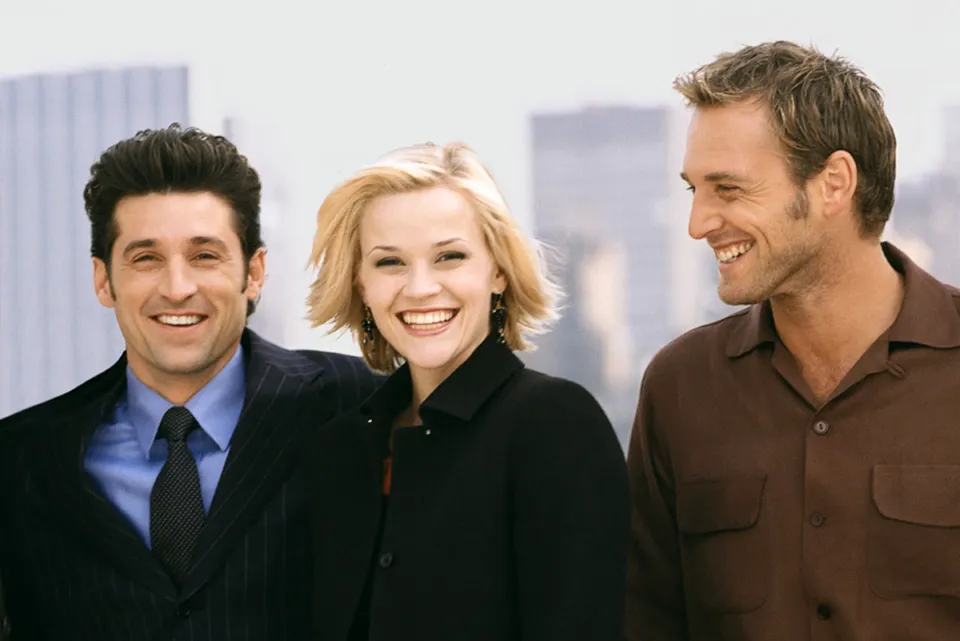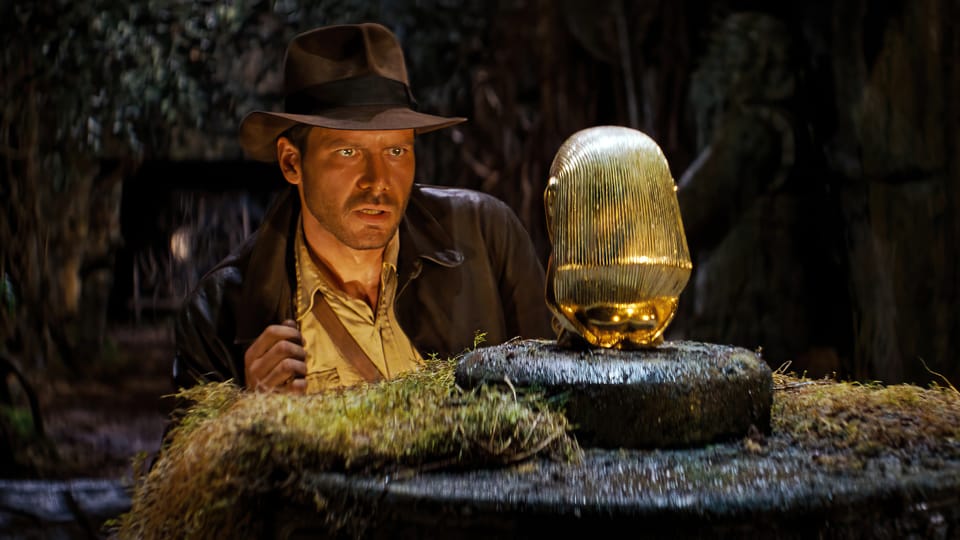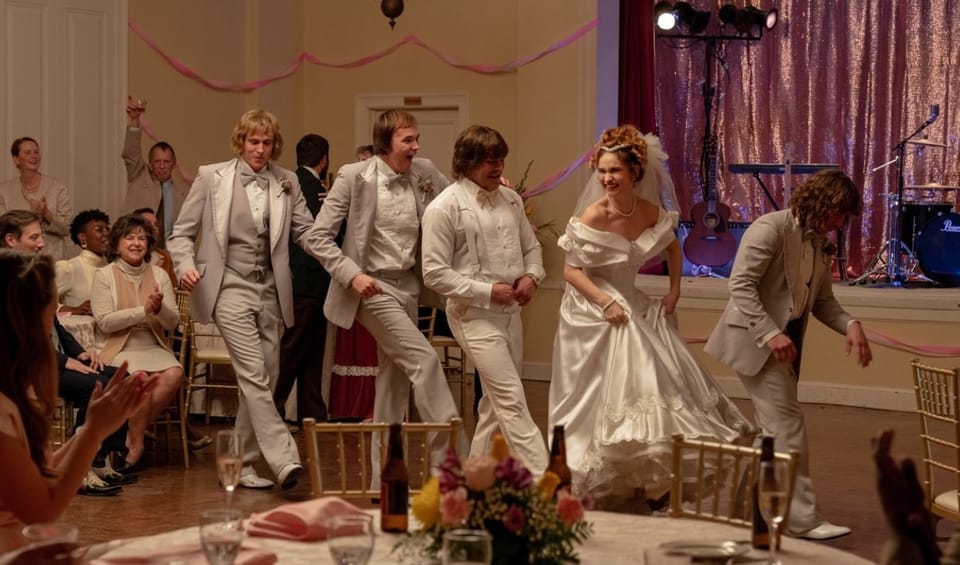Does your character need a superpower?
There are certain common questions or notes we hear in development. You can add, "What's their superpower?" to the list.
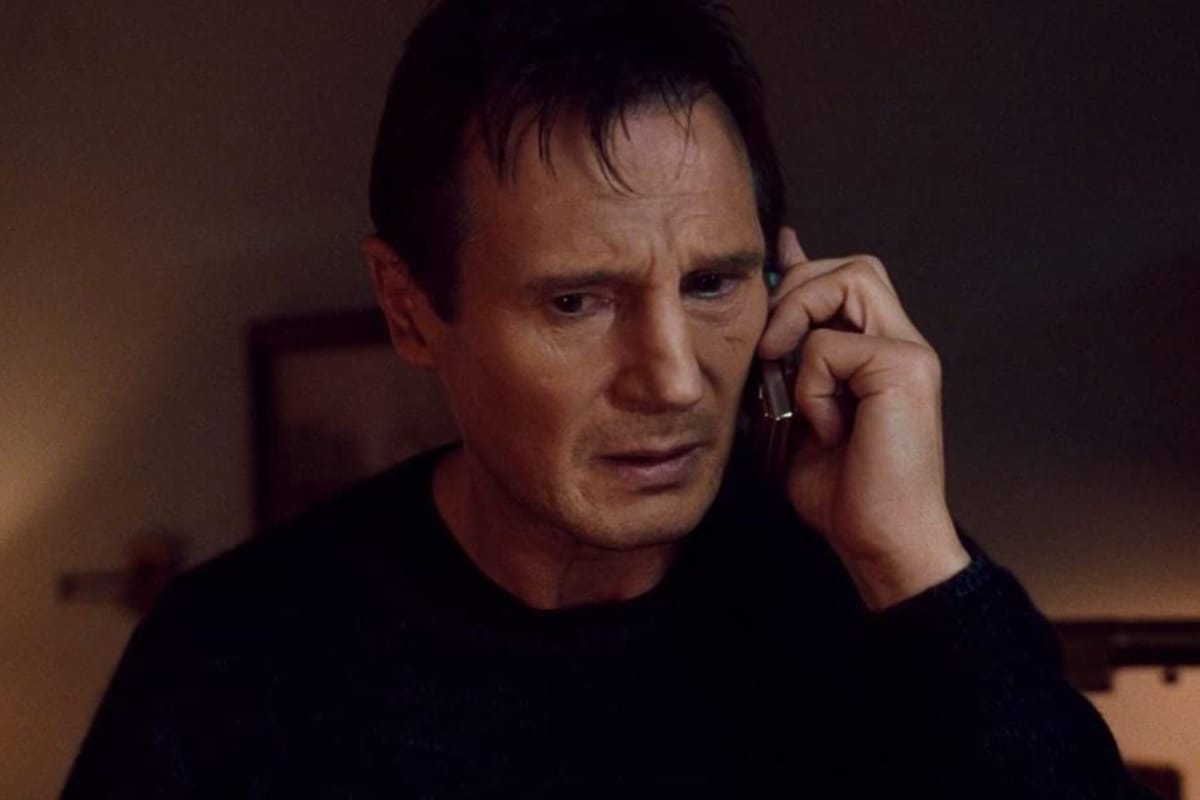
The Story and Plot Weekly Email is published every Tuesday morning. Don't miss another one.
There are certain common questions or notes we hear in development.
- Why now?
- What is the character's flaw? Or, what is their "trauma?"
- Can the stakes be higher?
You can add to the list the topic of today's email:
- What's their superpower, and how do they use it?
These questions aren't dumb; they're just not universal.
They don't apply to every story.
People like to duplicate what has worked in the past. I know I do. Most of us do. It creates certain "go-to" notes that we return to when we struggle to understand what we're feeling.
We know something isn't working. We know it has something to do with this area around here. So the language comes out as this note.
That's fine, and I get it. Development is hard. People like to pretend it's about "taste," but that's just a tiny part.
Evaluation and communication are more important because when you get those wrong, you send people down the wrong path.
It is not my intention to bash the person giving the note here.
The problem is that the note sounds so definitive that a less-confident writer may not realize it's one of those infamous "note behind the note" deals.
It needs to be interpreted rather than to be taken literally.
A superpower just means a skill.
It may be a more fantastical skill in a more fantastical story, but ultimately, in this context, it just means something the character does well.
And if a character does something well, we want to see them do it, right? That is perfectly understandable.
Audiences seem to have a natural affinity for people who are extremely good at their jobs! There must be something deep in our psyche about this because it is a consistent response.
We admire highly skilled people.
But does this mean a character must possess and use this superpower to solve their problem?
Not necessarily.
So where does this note come from?
It likely comes from a feeling that something is missing and the reader/audience/executive can't quite determine what.
A bookkeeper suspects a con.
This is where this question came up:
A student wrote a screenplay about a corporate data auditor who suspects his ex-girlfriend's new boyfriend is a criminal (That's not really it, but I changed the specifics.)
She received the note that the protagonist needs to use his "superpower" to solve this problem!
It froze her up. The guy is a bookkeeper! What superpower could he have?
This seemed like an unproductive note to me. Then, I read the screenplay, and I realized where it came from.
It was simply a hanging thread, and that was all.
Something was introduced, and it wasn't given a satisfactory conclusion.
The reader misinterpreted this feeling that something was missing and went to the go-to note, "They need to use their superpower."
But, like so many unskilled notes, it sent her in a direction that didn't feel right.
Use all parts of the buffalo.
This is where we sometimes get in trouble. We introduce something into a story but don't use it, at least not in a satisfying way.
In this case, it was his job, which, I guess you could say, had a unique skill set.
The problem was the job had no role in the story.
It was used simply as a data point.
We don't know how this job reflects on the character. We don't know how he feels about it. Does he love the job? Does he hate it?
Does he bring the stress home? Does it give his life meaning? Did he expect more from it and it's one big disappointment?
Does it motivate him to do what he does throughout the story?
And so on.
It doesn't really matter what, just so long as some kind of choice is made.
Because the job felt like an empty space that needed to be filled (what I sometimes call a "non-choice"), she got this note:
"He should use those skills to solve his problem!"
Why this idea?
Because we've seen it in a movie before, and it was fun. It worked in that movie!
So, if this fells like it needs something, why don't we see that thing right here?
But.
If it wasn't feeling empty, would that note come up?
Probably not.
When an element is introduced, but it's unclear how it fits into the larger story, it can leave a hole.
Something gnaws at us about it.
The story feels less unified, and the storyteller feels less in control. Like they forgot something.
And that is the place where notes, even unskilled ones, are born.
The skill is part of the story.
So if you get this note, or the topic comes up about a character's skillset or "superpower," remember this:
The story dictates where and how the skill is used, if at all.
As we outline in Mastering Structure, the whole point of Act 2 is for the protagonist to earn the physical, emotional, and spiritual tools to answer the dramatic question to the audience's satisfaction.
Where is this superpower — this tool — in terms of the character?
(The following focuses mainly on physical skills, but that is not always the case. For example, in a romantic comedy, the new tools are usually emotional.)
Do they have to acquire new skills?
Does the protagonist exhaust their normal skills by the end of Act 2A?
Coming out of Act 1, we usually want to see the protagonist try to solve their problems as they normally would.
This is both part of their growth, as well as a requirement from the audience to see all normal means exhausted.
That is the "Why can't the police help them?" problem in most thrillers, or "Why don't they leave the house?" in a haunted house movie.
Why don't they do what they know they can do?
This way of doing things, however, is going to fail.
After the midpoint, the protagonist must adapt and LEARN what will ultimately solve their problem.
KARATE KID, THE KING'S SPEECH, and other such stories are examples.
Do they realize they DO have skills?
This is the case for a current project of mine. Three friends set out to settle an old grievance. All three have confidence issues, and through the story, each uses their talent to solve their problem.
This shows them that they are more competent than they ever knew, and it makes each character necessary for their collective victory.
GALAXY QUEST does this very well.
Is the skill the whole point?
This is most often, but not exclusively, the domain of characters that do not transform but instead transform those around them.
Here, the expertise is the point of the story itself. Remy in RATATOUILLE, for example. SUPERMAN, just about any Jason Statham movie, most recently THE BEEKEEPER.
In these stories, without the skillset, there is no story!
Does the skill change the character?
This could be the "superpower" structure we cover in the Idea To Outline course when the skill does not change, but the character does.
Take GROUNDHOG DAY. Phil acquires the skill only to use it for unethical purposes. It isn't until later in the story that he uses it for good. It is the skill that transforms him.
It also could cover movies like TOP GUN. where the character is gifted with extraordinary skill, but something inside them holds them back. They must learn HOW to use their skill, which requires emotional and spiritual tools.
TAKEN and BREAKDOWN
These are two movies with similar premises but different skill sets for the main character. In each story, the protagonist must track down someone they love who is kidnapped.
In TAKEN, he has "a very particular set of skills" and uses those skills to succeed.
In BREAKDOWN, with Kurt Russell, the whole point is that his character has no such skills. He is an everyman. And he must adapt to a whole new, lawless, and corrupt world.
Same dramatic question. Different skills. Different stories.
Character is story, and story is character.
The story will lead the way. The two most important questions you will have at any given moment:
"What story are you telling?"
"What emotion are you trying to evoke?"
These answers will get you out of just about any trouble you find yourself in.
The Story and Plot Weekly Email is published every Tuesday morning. Don't miss another one.
When you're ready, these are ways I can help you:
WORK WITH ME 1:1
1-on-1 Coaching | Screenplay Consultation
TAKE A COURSE
Mastering Structure | Idea To Outline

